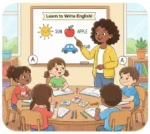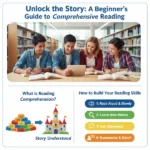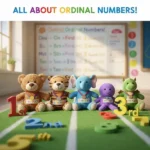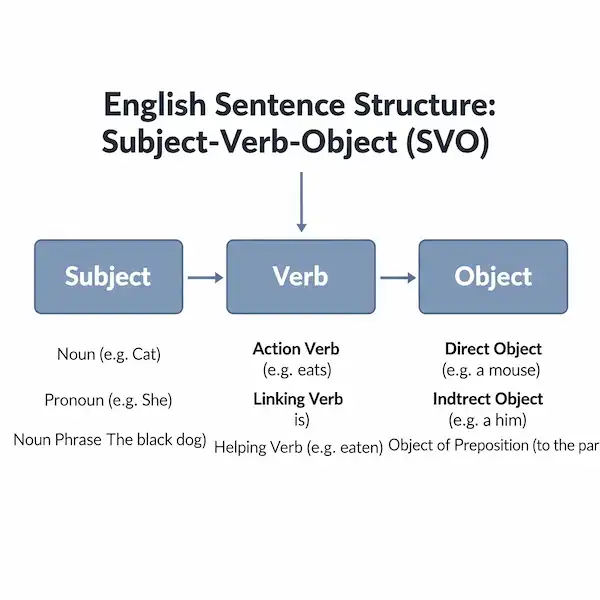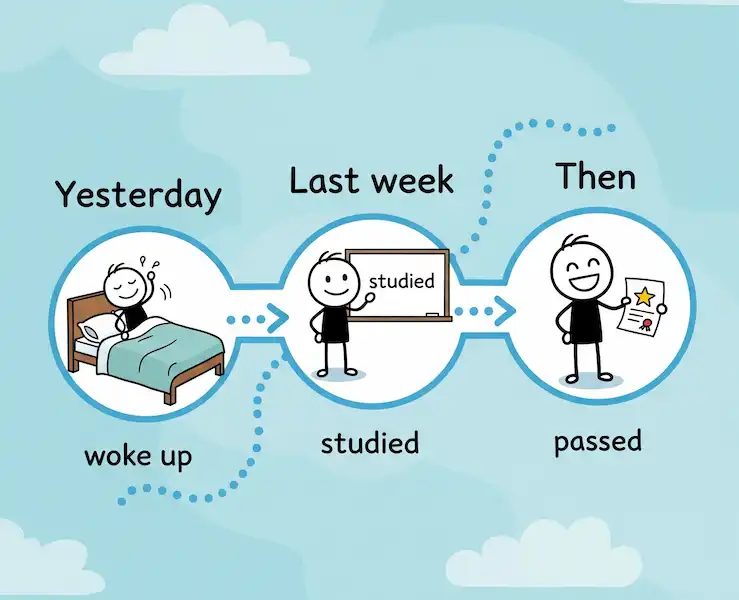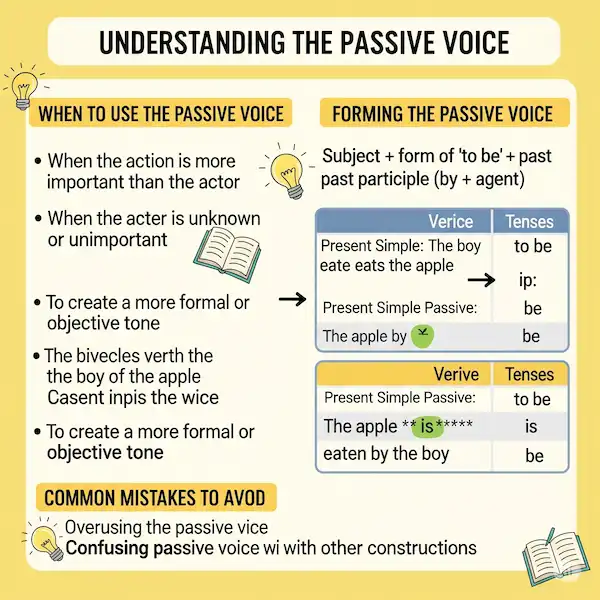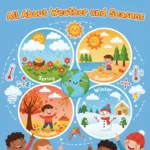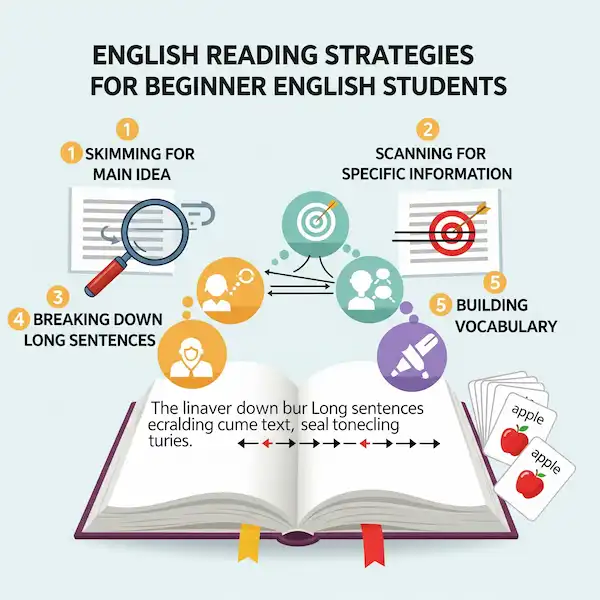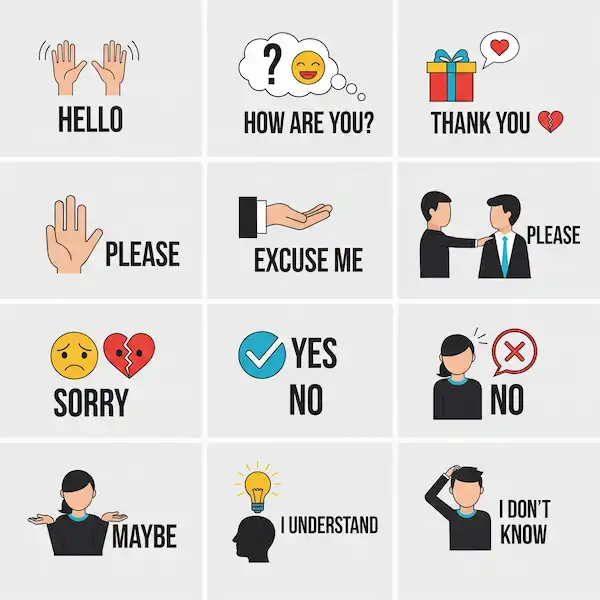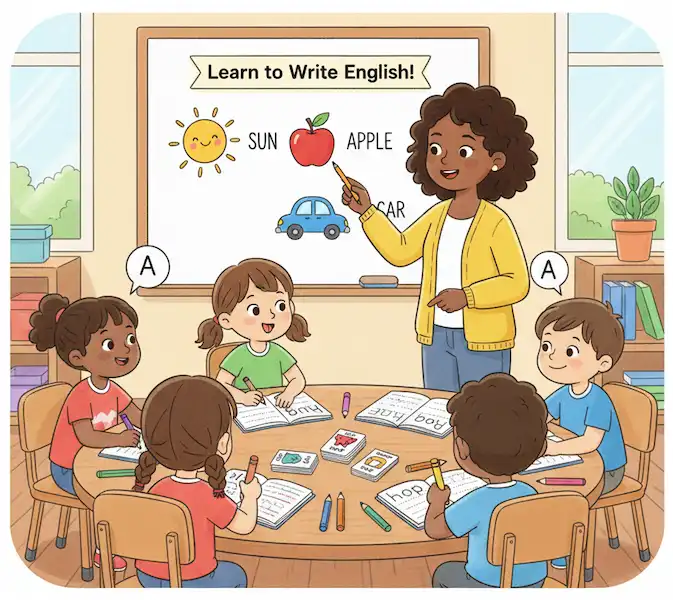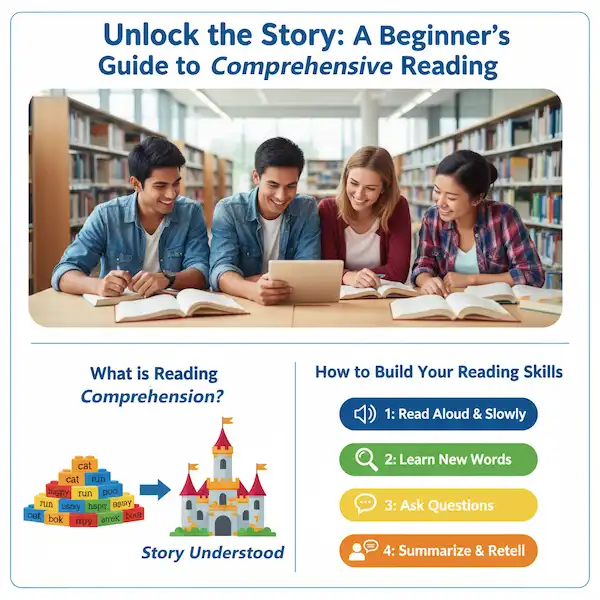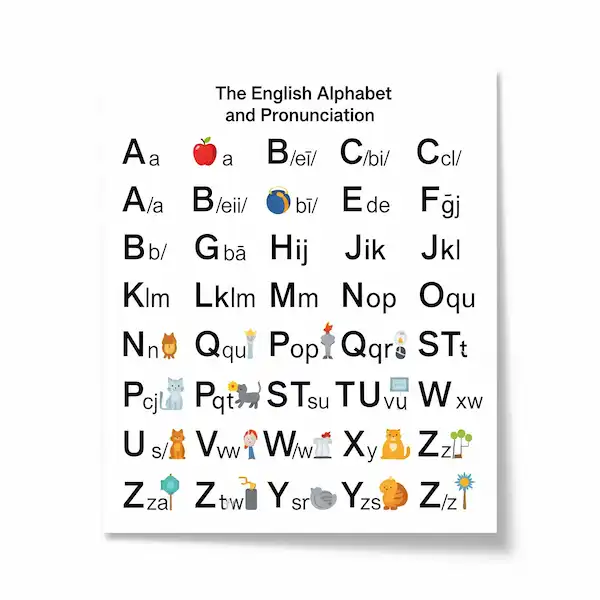Getting Started: A Simple Guide to Beginner Essay Writing
Crafting compelling essays can seem daunting, especially when you’re just starting your English journey. But fear not! This guide is packed with simple strategies, clear examples, and helpful visuals to make essay writing a breeze. Learn about beginner essay writing and how to create your top level essay.
What is EEAT and Why Does It Matter?
EEAT stands for Experience, Expertise, Authoritativeness, and Trustworthiness. These are crucial qualities that make your writing reliable and credible. Think of it this way: would you rather get advice from a doctor or someone who just read about medicine online? You’d choose the doctor because they have EEAT!
For your essays, applying EEAT means:
- Experience: Showing you understand the topic deeply, perhaps by sharing a relevant personal anecdote (if appropriate for the assignment).
- Expertise: Demonstrating knowledge about the subject. This comes from research and understanding.
- Authoritativeness: Being a go-to source for information on your topic. This is built on your research and clear explanations.
- Trustworthiness: Ensuring your information is accurate and unbiased. This means citing your sources!
Even as a beginner, you can develop EEAT by doing good research and organizing your thoughts clearly.
The Foundation For Beginner Essay Writing: Understanding The Assignment
Before you write a single word, you need to understand what your teacher is asking for. This is called the assignment question.
Example Assignment: Discuss the main reasons why reading is important for students.
Here’s how to break it down:
- Keywords: “main reasons,” “reading,” “important,” “students.”
- Task: You need to discuss (explain in detail) the primary benefits of reading specifically for students.
Actionable Tip: Highlight or underline the key parts of your assignment. If you’re unsure, ask your teacher for clarification!
Step 1: Brainstorming Your Ideas
The first step for beginner essay writing: Once you understand the assignment, it’s time to gather your thoughts. Don’t worry about perfect sentences yet; just get ideas down!
Brainstorming Method: Mind Map
Start with your main topic in the center and branch out with related ideas.
Example Mind Map for the “Importance of Reading” assignment:
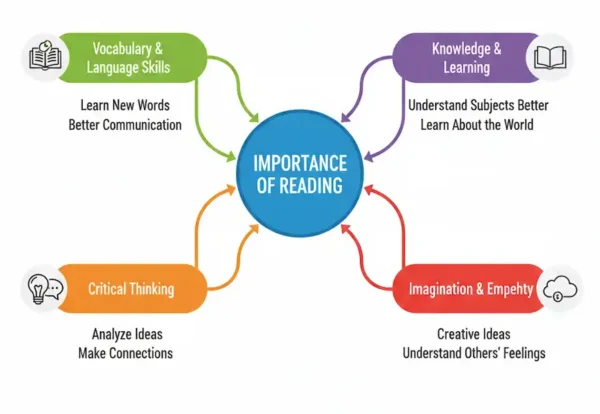
Notice how each branch connects back to the main idea. This helps you see how your points relate.
Step 2: Creating an Outline
The second step for beginner essay writing: An outline is like a roadmap for your essay. It helps you organize your brainstormed ideas into a logical structure. A standard essay usually has three main parts: Introduction, Body Paragraphs, and Conclusion.
Basic Essay Structure:
- I. Introduction:
- Hook (grab the reader’s attention)
- Background information (briefly explain the topic)
- Thesis statement (your main argument/answer to the assignment)
- II. Body Paragraph 1:
- Topic Sentence (main idea of this paragraph)
- Supporting details/examples
- Explanation
- III. Body Paragraph 2:
- Topic Sentence
- Supporting details/examples
- Explanation
- IV. Body Paragraph 3: (if needed)
- Topic Sentence
- Supporting details/examples
- Explanation
- V. Conclusion:
- Restate thesis (in different words)
- Summarize main points
- Final thought/implication
Example Outline for “Importance of Reading”:
- I. Introduction
- Hook: Imagine a world without stories or knowledge.
- Background: Reading is a fundamental skill in education.
- Thesis: Reading significantly benefits students by enhancing vocabulary, expanding knowledge, and developing critical thinking skills.
- II. Body Paragraph 1: Vocabulary & Language Skills
- Topic Sentence: One major benefit of reading is the improvement of vocabulary and overall language skills.
- Details: Encounter new words, see words in context, learn grammar naturally.
- Example: Reading diverse books introduces words like “benevolent” or “ephemeral.”
- III. Body Paragraph 2: Knowledge & Learning
- Topic Sentence: Furthermore, reading is a powerful tool for gaining knowledge and deepening understanding of various subjects.
- Details: Learn about history, science, different cultures; understand complex ideas.
- Example: Reading a book about ancient Egypt teaches more than just dates.
- IV. Body Paragraph 3: Critical Thinking
- Topic Sentence: Finally, engaging with texts helps students develop crucial critical thinking and analytical abilities.
- Details: Analyze plots, evaluate arguments, make connections, form opinions.
- Example: Comparing characters’ motives in a story trains your brain to analyze.
- V. Conclusion
- Restate Thesis: Clearly, reading plays a vital role in student development by boosting language, knowledge, and critical thought.
- Summarize: Recaps how vocabulary, information, and analytical skills are strengthened.
- Final Thought: Encourages students to embrace reading as a lifelong journey.
Step 3: Writing Your Draft (The “Messy” Part!)
The third step for beginner essay writing: Now, take your outline and start writing full sentences and paragraphs. Don’t aim for perfection here! Just get your ideas down. This is called the “first draft.”
Helpful Tip: Write in a quiet place. Don’t stop to correct mistakes; you’ll do that later.
Writing Each Section:
A. The Introduction:
- Hook: Grab attention!
- Example: “Imagine a world stripped of stories, facts, and imaginative journeys. Such a world would be bleak, indeed.”
- Background: Briefly introduce the topic.
- Example: “Fortunately, we live in a world where access to written words is abundant, and reading remains a fundamental skill taught in schools globally.”
- Thesis Statement: This is the most important sentence in your introduction. It tells the reader your main argument or what your essay will be about. It should be clear and concise.
- Example: “For students, reading significantly benefits development by enhancing vocabulary, expanding knowledge across disciplines, and sharpening critical thinking skills.”
B. Body Paragraphs:
Each body paragraph focuses on one main idea that supports your thesis.
- Topic Sentence: Start with a clear topic sentence that states the main idea of the paragraph.
- Example: “One major benefit of reading is the consistent improvement of vocabulary and overall language skills.”
- Explanation & Examples: Provide details, explanations, and specific examples to support your topic sentence.
- Example: “As students encounter new words in different contexts, they naturally learn their meanings and how to use them correctly. For instance, reading a historical novel might introduce words like ‘benevolent’ or ‘ephemeral,’ which students might not encounter in everyday conversation. This exposure not only expands their word bank but also strengthens their understanding of grammar and sentence structure.”
- Concluding Sentence (Optional but helpful): Briefly summarize the paragraph’s main point or transition to the next.
C. The Conclusion:
- Restate Thesis: Say your thesis statement again, but using different words.
- Example: “In conclusion, it is abundantly clear that engaging with texts is an indispensable activity for students, profoundly impacting their linguistic abilities, breadth of knowledge, and capacity for critical analysis.”
- Summarize Main Points: Briefly remind the reader of the main ideas from your body paragraphs.
- Example: “The consistent exposure to diverse written materials enriches vocabulary, broadens understanding of the world, and hones the crucial skills needed to evaluate information and form independent thoughts.”
- Final Thought/Implication: Leave the reader with something to think about. Why is this topic important? What’s the bigger picture?
- Example: “Therefore, by embracing reading as a habit, students unlock not just academic success, but also a lifelong journey of discovery and intellectual growth.”
Step 4: Revising and Editing (Making it Shine!)
The forth step for beginner essay writing: This is where you make your essay better! There are two main parts:
A. Revising (Big Changes): Look at the overall structure and ideas.
- Clarity: Is your main point clear? Is each paragraph easy to understand?
- Organization: Do your paragraphs flow logically? Are there good transitions between ideas?
- Support: Do you have enough examples and explanations for each point?
- EEAT Check: Is your information accurate? Have you cited sources if needed (for more advanced essays)? Does your writing sound knowledgeable?
B. Editing (Small Changes): Look at sentences, words, and grammar.
- Spelling: Use a spell checker, but also read carefully!
- Grammar: Check for correct sentence structure, verb tenses, and punctuation.
- Word Choice: Are you using the best words to express your ideas? Avoid repetition.
Beginner Essay Writing Proofreading Checklist:
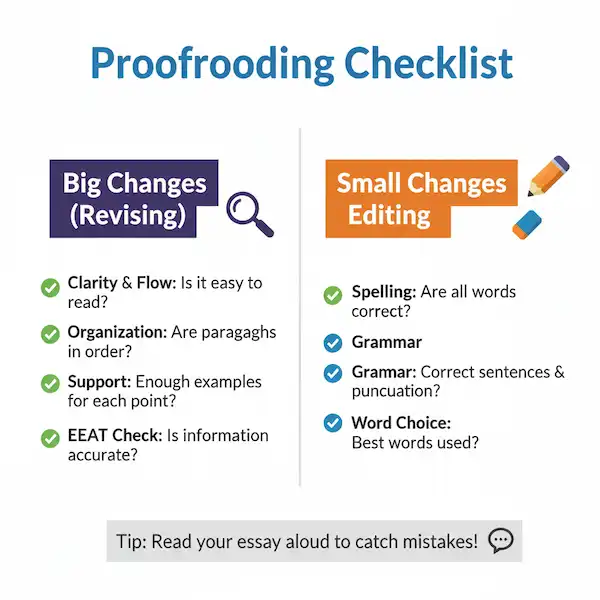
Tip: Read your essay aloud. Your ears can often catch mistakes your eyes might miss!
Additional Helpful Content for Beginner Essay Writing
Using Transition Words: Transition words and phrases help connect your ideas smoothly, making your essay flow better.
Common Transition Words:
| Function | Examples |
| Adding Information | also, in addition, furthermore, moreover |
| Giving Examples | for example, for instance, specifically, such as |
| Comparing | similarly, likewise, in the same way |
| Contrasting | however, on the other hand, in contrast, despite |
| Showing Cause/Effect | therefore, thus, as a result, consequently |
| Summarizing | in conclusion, to summarize, in short |
Example: “Reading expands vocabulary. Furthermore, it sharpens critical thinking.”
Practice Makes Perfect!
Writing is a skill, and like any skill, it improves with practice. Don’t be afraid to make mistakes – that’s how you learn! Use these strategies as you embark on your English writing journey, and you’ll be crafting clear, compelling essays in no time.
Here is a PDF worksheet you can download to practice English Essay Writing:
Additional Helpful Links
- Study about reading strategies – Easy English Reading Strategies for Beginners
- Learn about low priority English grammar mistakes – Small English Grammar Mistakes, Big Progress
- Study Early ESL Writing Skills – Early Primary Writing Skills: An ESL Beginner’s Guide
External Links for Authoritative Sources:
- Purdue OWL (Online Writing Lab): An excellent resource for all aspects of writing, grammar, and citation styles. https://owl.purdue.edu/
- Grammarly Blog: Offers helpful articles on grammar, punctuation, and writing tips. https://www.grammarly.com/blog/
- The Writing Center at UNC Chapel Hill: Provides great handouts and advice on various writing topics. https://writingcenter.unc.edu/tips-and-tools/


